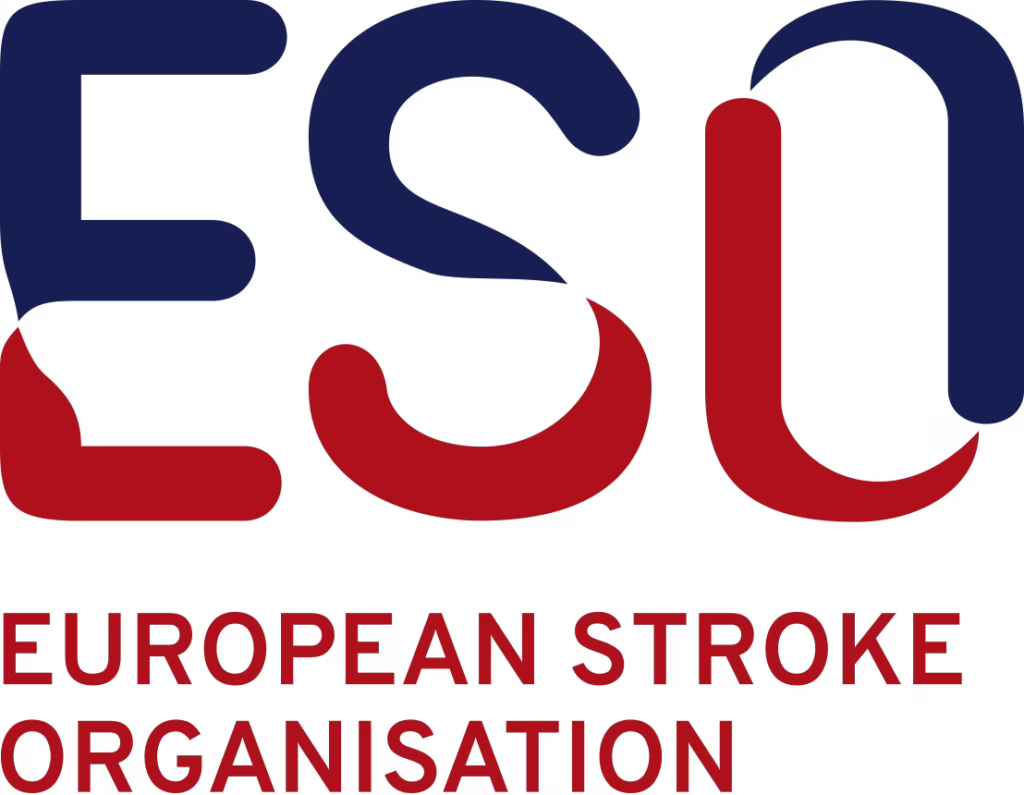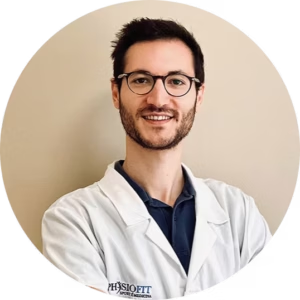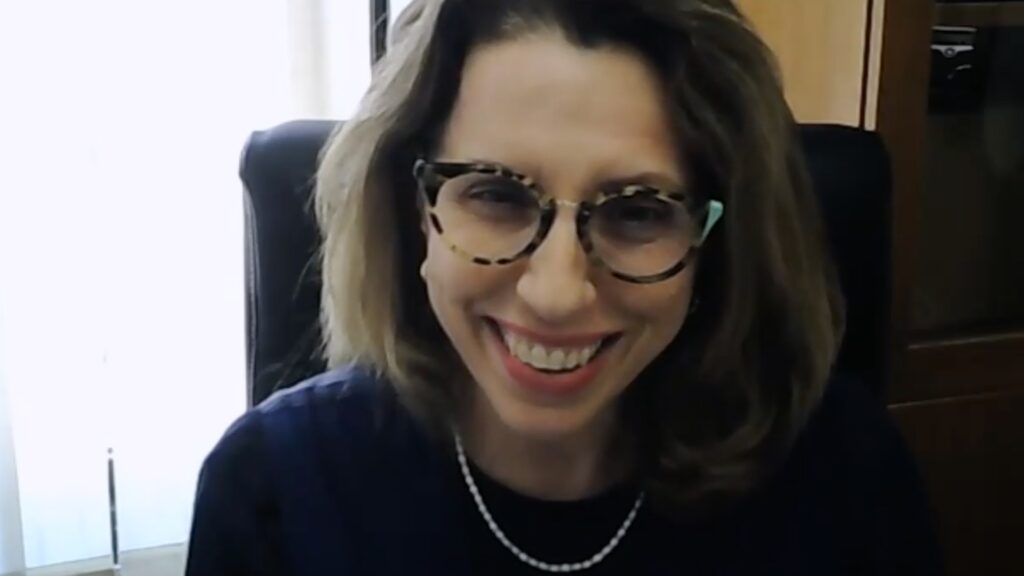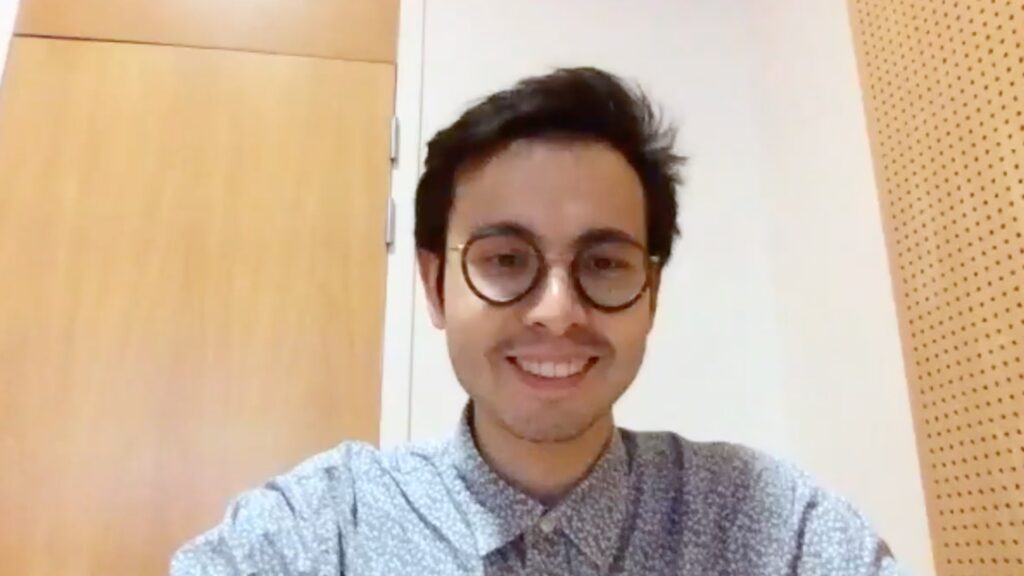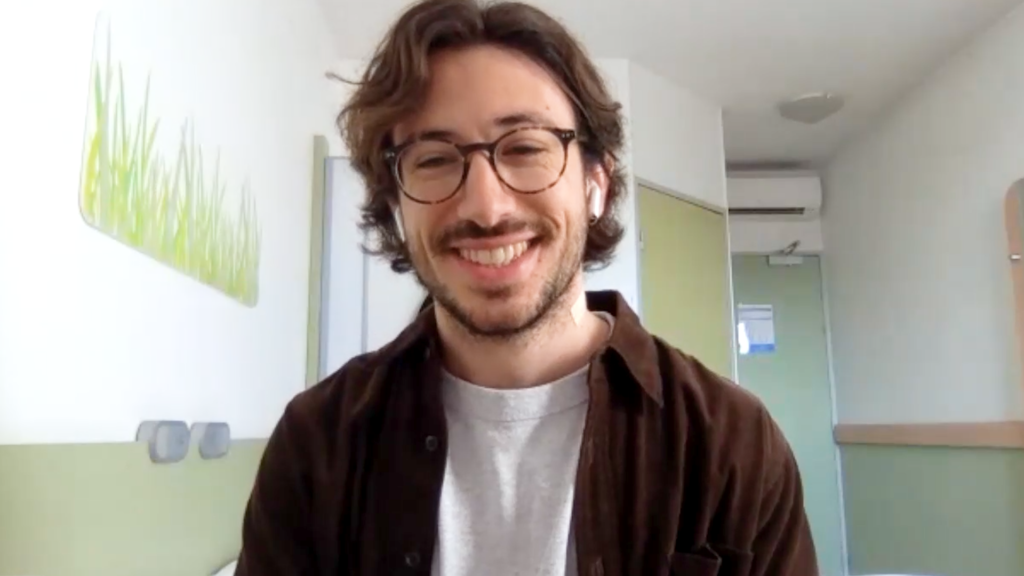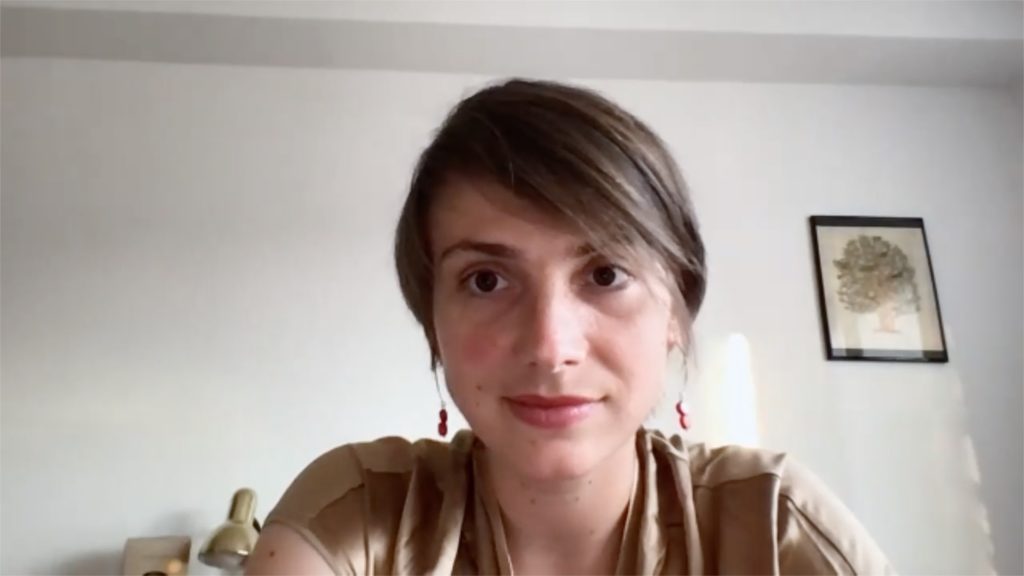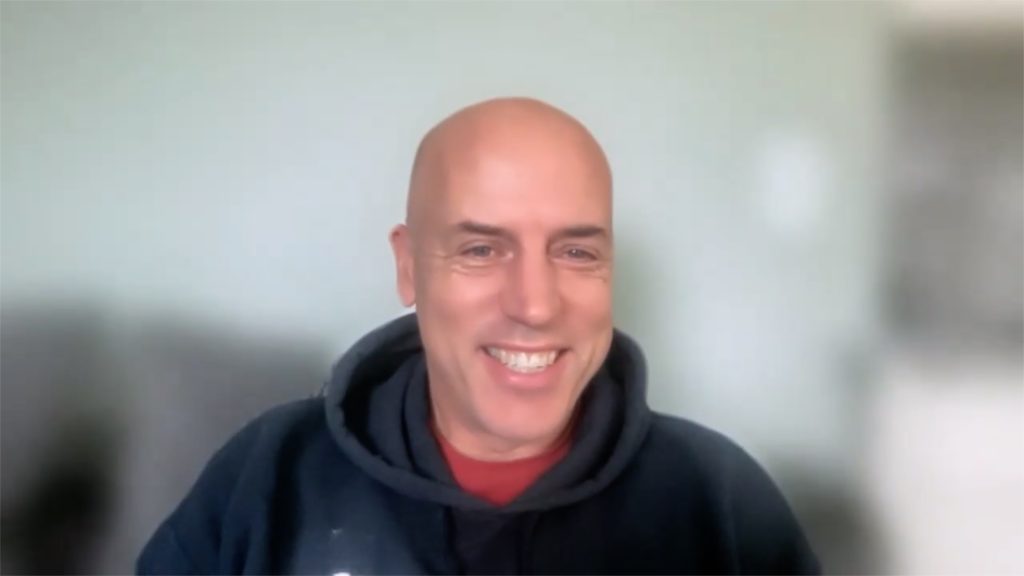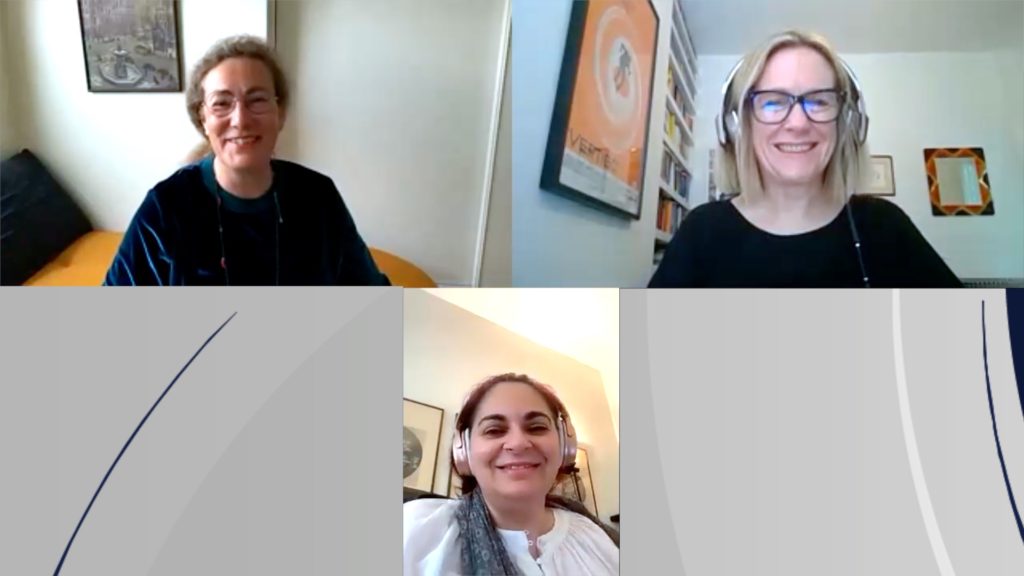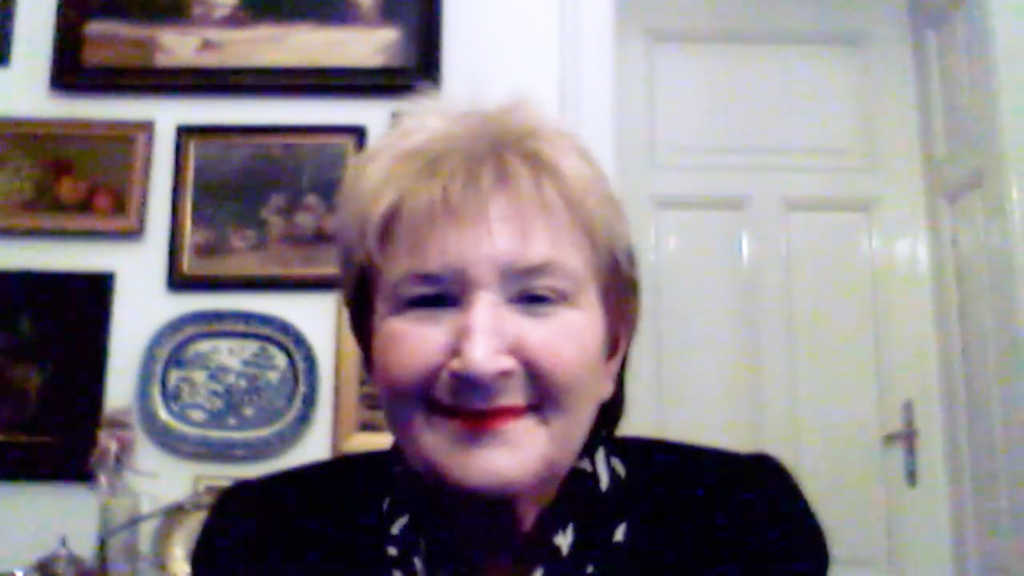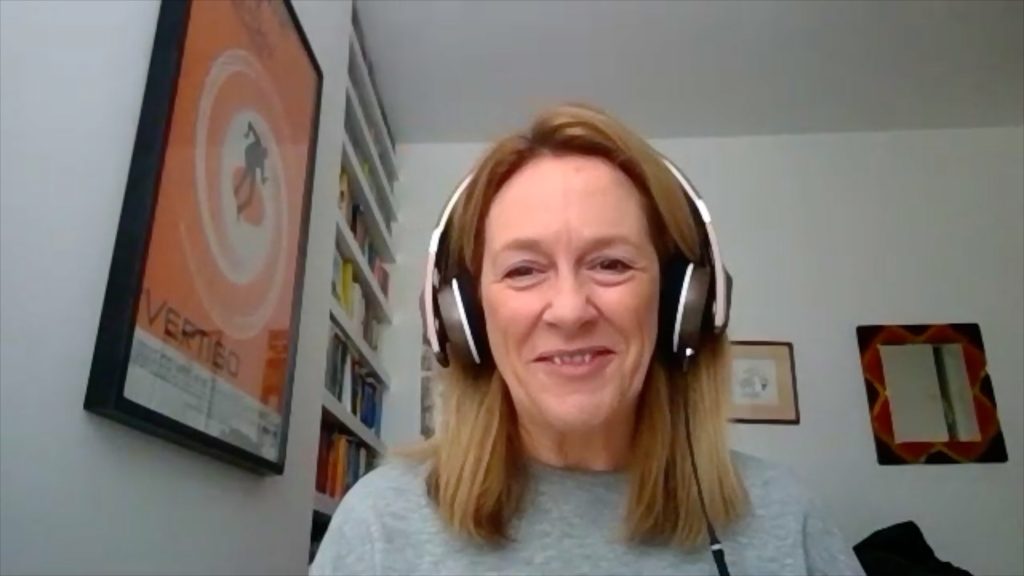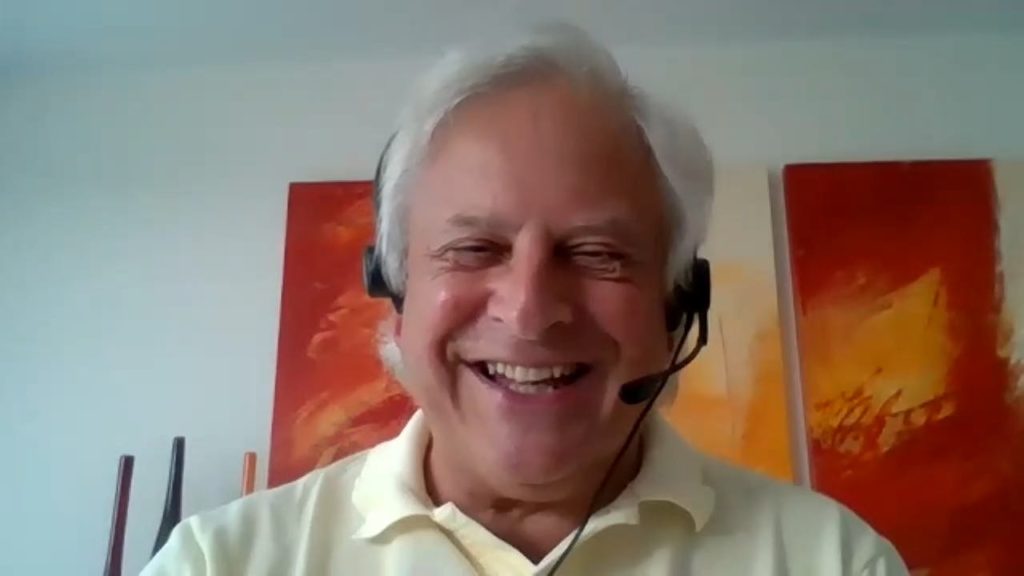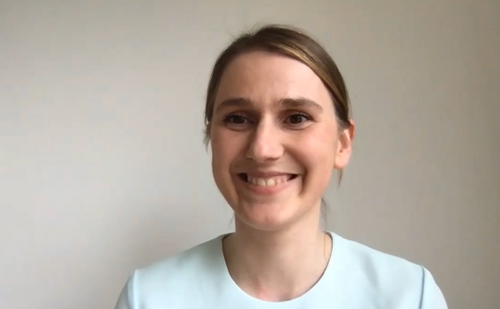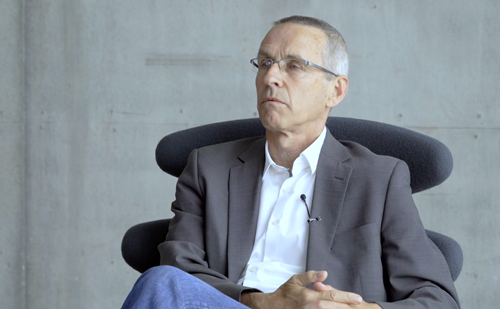– Antonio Ciacciarelli
Dr Antonio Ciacciarelli is part of a new generation of stroke specialists helping reshape how we think about vascular neurology. With a strong clinical and research focus on ischaemic stroke and reperfusion injury, his work bridges bedside care and translational science.
Nominated as a touchNEUROLOGY Future Leader 2025, and in collaboration with the European Stroke Organisation (ESO) we asked Dr Ciacciarelli, vascular neurologist at Policlinico Umberto I University Hospital in Rome, Italy, to share what drew him to neurology, what he has learned from mentors, and why he believes transparency and inspiration are as important as technical skill. From breakthroughs in stroke management to hopes for neuroprotection, Dr Ciacciarelli brings a human-centred perspective to one of medicine’s most complex fields.
Two main reasons. First, I have always been fascinated by the human brain: its complexity, its capabilities and, above all, the fact that we are our brains. It is the organ that holds our memories and our consciousness; it defines who we are.
Second, I have always been drawn to neuroscience and the vast unknown that still surrounds it. It is likely the specialty with the most unanswered questions. There is still so much to explore and discover. Doing research in neurology is deeply fulfilling, it feels like learning more about ourselves and uncovering what no one else has yet understood.
One of the most rewarding moments in my journey came when I was supervising a medical student during her thesis. At the end of the project, she told me that throughout her training she had met many discouraging doctors and professors who had made her question whether she belonged in medicine. She said that our time working together had helped restore her confidence and hope in the profession.
That moment reminded me that beyond clinical care and research, we also have the responsibility, and the privilege, to support and inspire the next generation. And that may be the most meaningful impact of all.
One of the most powerful lessons I received early in my career was to be transparent, in science, methods, data, but also in decisions and behaviour. I realized that transparency is essential to how we think, act and lead.
It is essential not only for research integrity, but also for building trust and driving progress. It means thinking critically, communicating clearly and having the courage to acknowledge uncertainty, whether in a paper, a clinical decision, or a conversation with a patient or colleague.
The progress in vascular neurology has been extraordinary. Just a few years ago, stroke, a leading neurological condition, was considered something we could do very little about. Today, if treated in time, it is potentially a fully reversible condition. That shift is incredibly exciting.
We are also seeing similarly promising developments in the treatment of intracerebral haemorrhage. But perhaps the most inspiring prospect is the development of effective neuroprotection strategies, something I hope to see evolve significantly in the years ahead.
About Antonio Ciacciarelli
Antonio Ciacciarelli is a vascular neurologist at the Stroke Unit of the Policlinico Umberto I University Hospital in Rome, Italy. He graduated in Medicine and Surgery from Sapienza University of Rome and completed his neurology residency at the University of Messina. He holds a PhD in Arterial Hypertension and Vascular Biology from Sapienza University. Since the beginning of his career, he has shown a deep interest in vascular neurology and has been actively involved in the European Stroke Organisation (ESO) and the Italian Stroke Association (ISA-AII). He is currently part of the ESO Emerging Leaders Programme and coordinates the networking group of the ISA-AII. He is also enrolled in the European Stroke Master’s Programme at the University of Bern. His research focuses on ischaemic stroke, particularly prognostic factors, perfusion and metabolic patterns, and reperfusion injury.
Editor: Katey Gabrysch, Editorial Director.
Disclosures: No funding was received in the publication of this article. This content has been developed independently by Touch Medical Media for touchNEUROLOGY. Views expressed are the speaker’s own and do not necessarily reflect the views of Touch Medical Media.
Cite: Evolving frontiers of vascular neurology with Antonio Ciacciarelli: touchNEUROLOGY Future Leader 2025. touchNEUROLOGY. 17 July 2025.
Register now to receive the touchNEUROLOGY newsletter!
Don’t miss out on hearing about our latest peer reviewed articles, expert opinions, conference news, podcasts and more.

